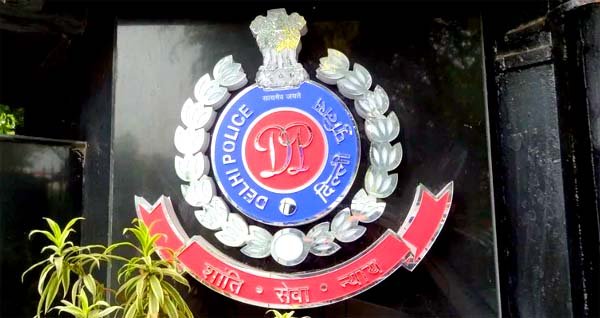New Delhi, July 25 (UNI) A joint report by the World Health Organization (WHO) and the United Nations Office on Drugs and Crime (UNODC) has highlighted cases where toxic chemical laced drugs like cough syrups supplied from India contributed to serious health crises in countries like The Gambia and Indonesia.
The WHO-UNODC report, titled “Contaminated Medicines and Integrity of the Pharmaceutical Excipients Supply Chain”, examines eight incidents across countries including India, The Gambia, and Indonesia. It noted that children suffered preventable harm or death after consuming cough syrups contaminated with hazardous chemicals like diethylene glycol (DEG) and ethylene glycol (EG).
In the Indian case, the report refers to an incident from November 2019 in Ramnagar, Jammu and Kashmir, where over 20 children fell seriously ill after consuming a locally made cough syrup. Twelve children died due to acute kidney injury (AKI), and several others were left with permanent health complications.
Lab tests confirmed that the syrup contained 34–36 per cent diethylene glycol (DEG) that should never be present in medicines, said the report.
DEG is sometimes found in propylene glycol (PG), a solvent used in medicine production. If PG is not tested properly before use, or if lower-quality industrial PG is used to cut costs, the risk of DEG contamination becomes high. The report pointed out that in this case, the manufacturer failed to test the raw materials, violating pharmaceutical norms.
The report further revealed that the manufacturer had received 16 prior warnings from state drug regulators for producing substandard medicines.
After the Ramnagar deaths, noted the report, the company rebranded the syrup and continued selling it through a sister company in a neighbouring state. This rebranded product also tested positive for DEG. Although regulatory action led to a temporary suspension of the manufacturing licence, the plant resumed operations for products not using PG.
The WHO report also highlighted a similar and even more deadly case which occurred in The Gambia between July and September 2022, where 66 children — most under two years of age — died after consuming paediatric syrups imported from an Indian pharmaceutical firm. The case was much publicized in media too, prompting the Indian government to intervene. The products were manufactured in December 2021 but were not licensed for sale in India, where regulatory checks are stricter.
Following the deaths, independent tests confirmed the presence of DEG and ethylene glycol (EG) in the syrups. WHO issued a global alert, and The Gambia carried out a nationwide recall of cough and paracetamol syrups. Indian authorities ordered the suspension of the manufacturer’s operations after inspections uncovered multiple violations of Good Manufacturing Practices (GMP).
The report added that the manufacturer procured PG from a local supplier, who falsely claimed it came from a reputed global company. That company denied supplying any material. Investigations found that industrial-grade PG was falsely labelled as pharmaceutical-grade, and no quality testing was carried out—highlighting a serious failure of supply chain integrity.
In Indonesia, a similar tragedy occurred in 2022, where over 300 children fell ill, many fatally, due to DEG/EG-contaminated syrups. A criminal network had distributed falsely labelled excipients with fake quality certificates, which were used by several manufacturers. The authorities revoked over 100 product licences and launched legal action.
Earlier incidents in Panama (2006), Haiti (1996), and China (2008) also involved DEG-laced medicines. The common thread in all these cases was poor oversight, falsified documentation, and failure to test raw materials.
The report has also traced at least 21 recorded incidents of mass poisonings involving contamination with DEG/EG leading to over 1000 reported deaths spanning period from 1937 to 2019. These incidents mainly involved medicines but also toothpaste and alcoholic drinks
However, in response to these tragedies, several countries have introduced reforms. India now mandates DEG/EG testing for all syrups meant for export and publishes public recall notices. The Gambia has started third-party testing of all imported medicines and plans to set up a national quality control lab. Indonesia has revised its safety limits for DEG/EG and increased regulatory checks.
While commenting that during the course of research, it became evident that intentional criminal actions, such as the falsification of pharmaceutical excipients, are a persistent and widespread threat to global public health, the WHO report said, “These are not isolated incidents but represent a deeper, systemic issue affecting the integrity of medicine supply chains.”
The recently released 120-page WHO-UNODC report has stressed the urgent need for mandatory testing of pharmaceutical excipients, stronger regulation — especially for export-only medicines — and strict penalties for GMP violations and falsification of pharmaceutical documents.











